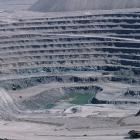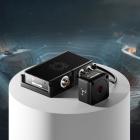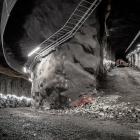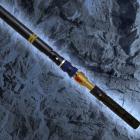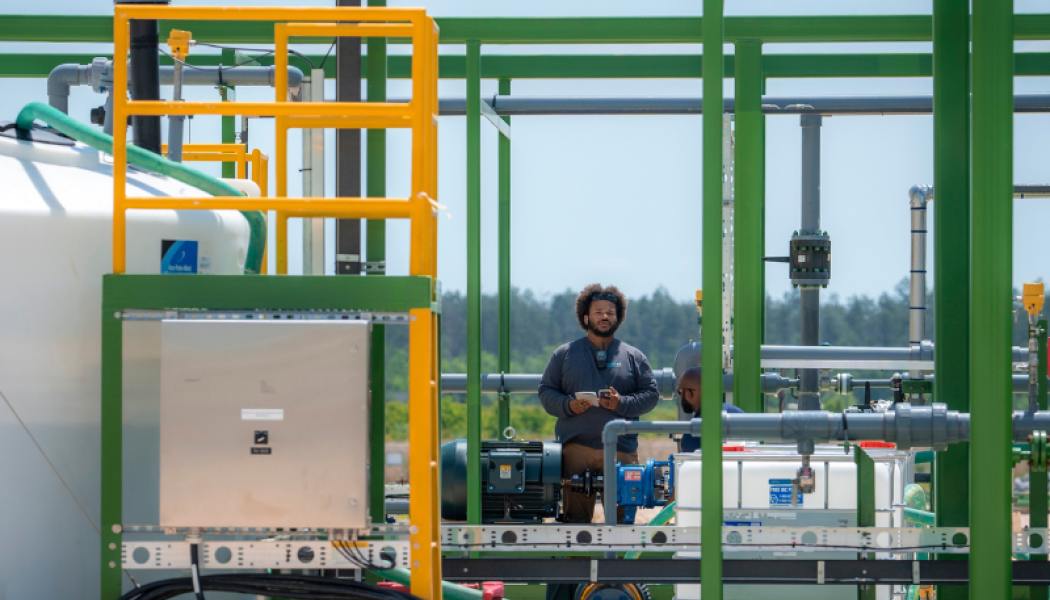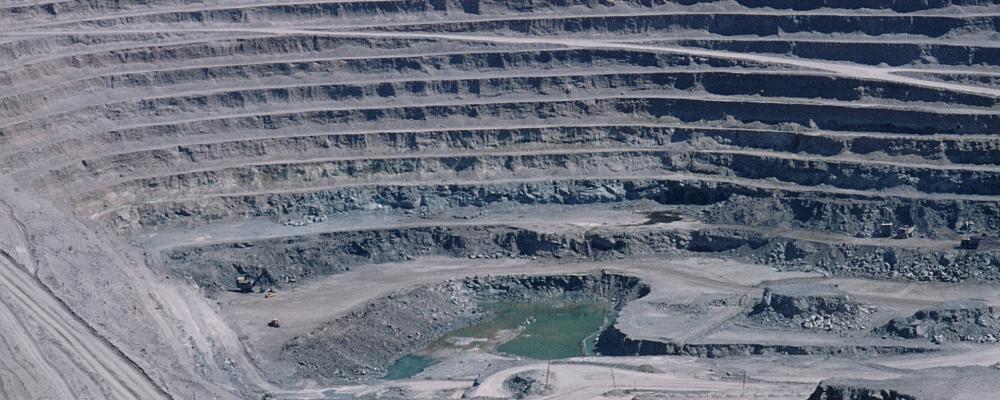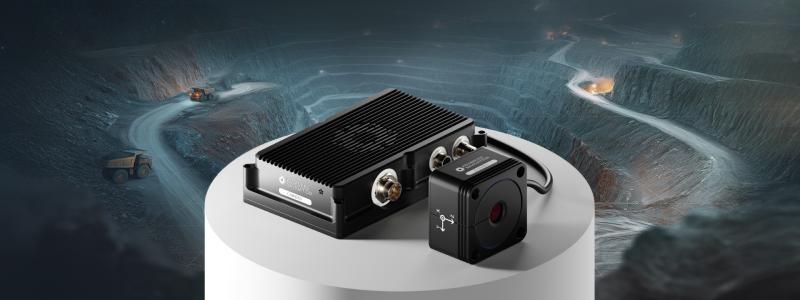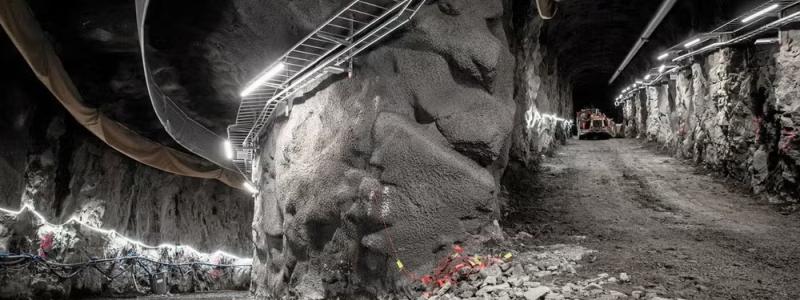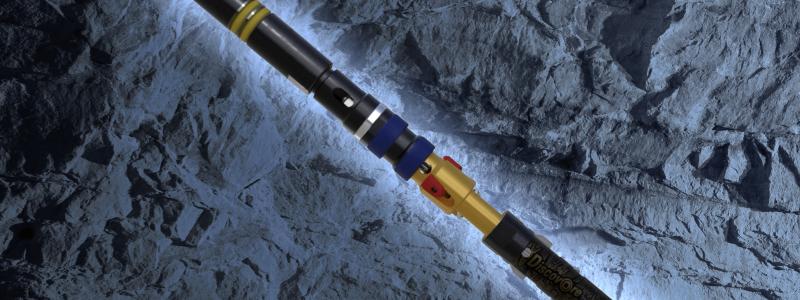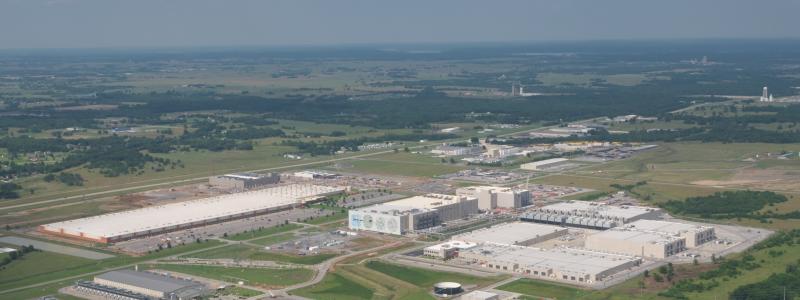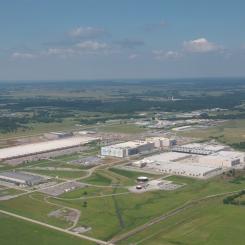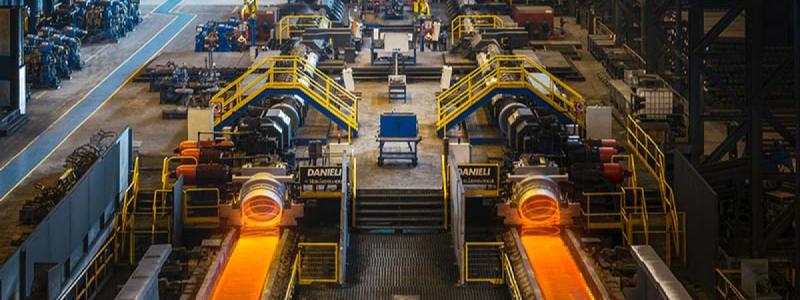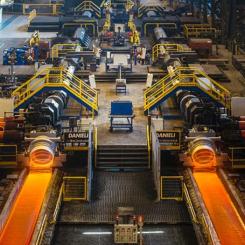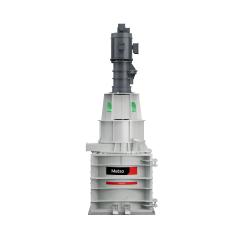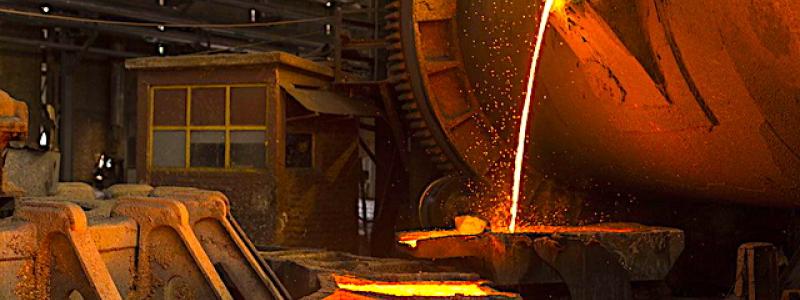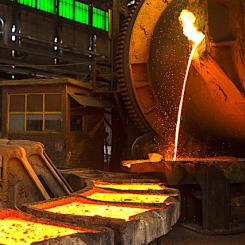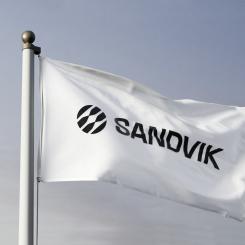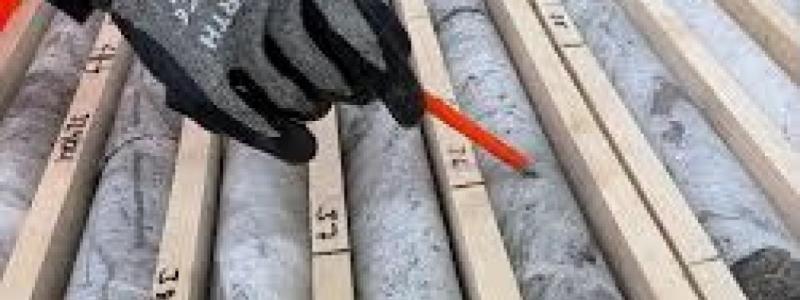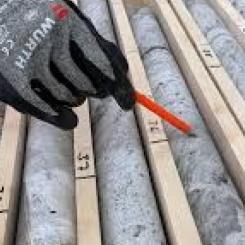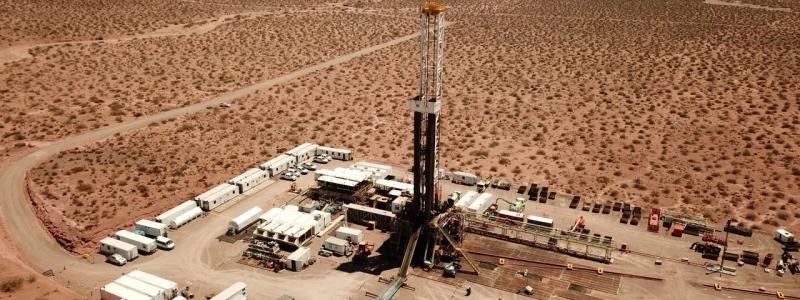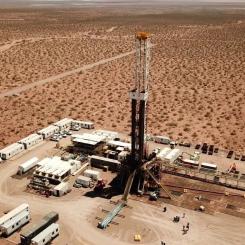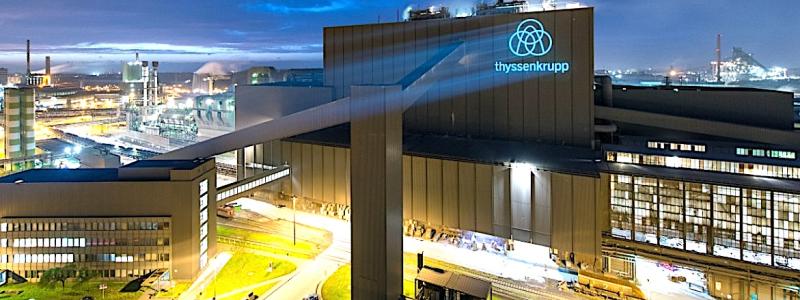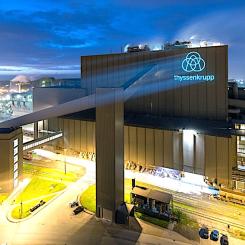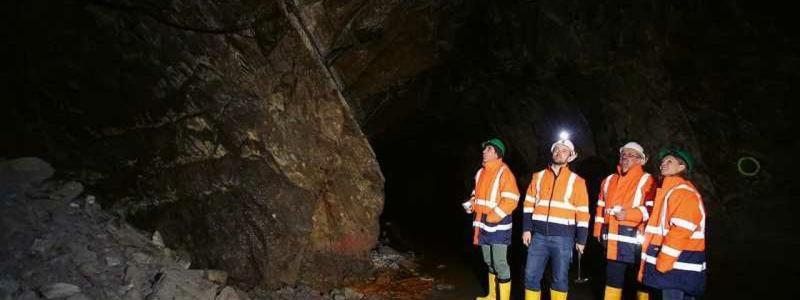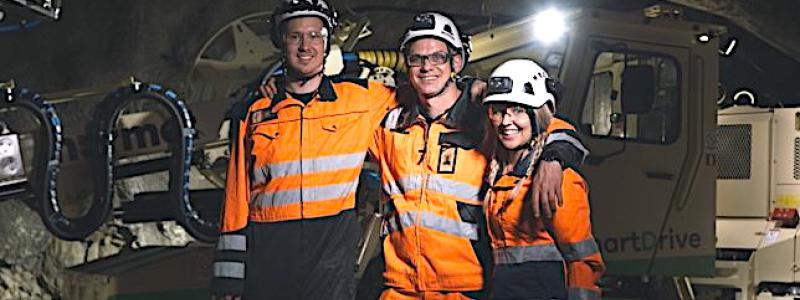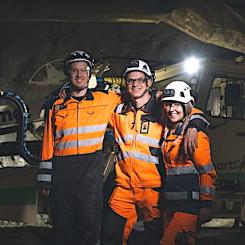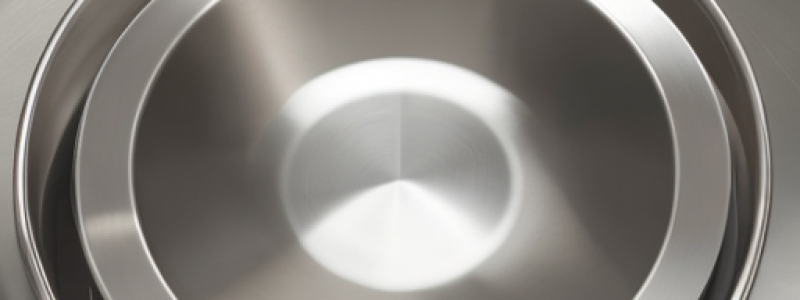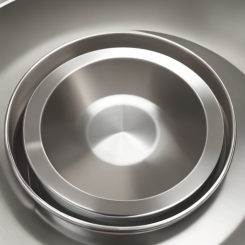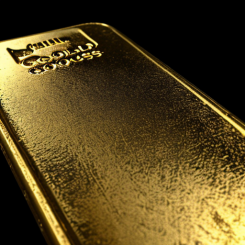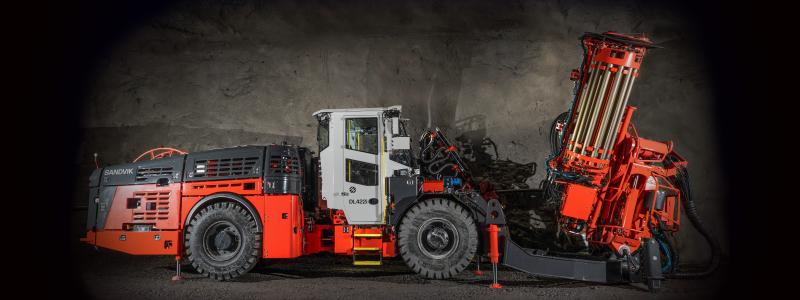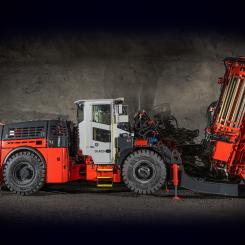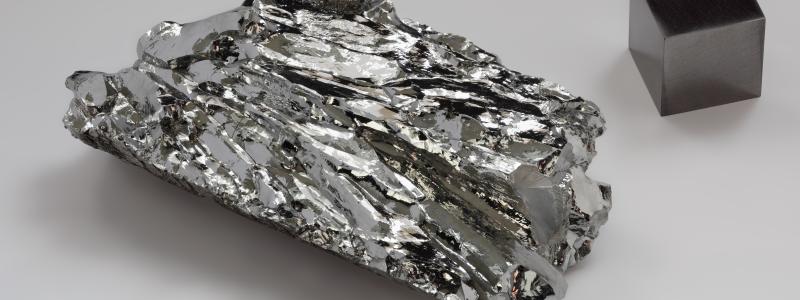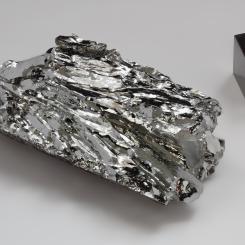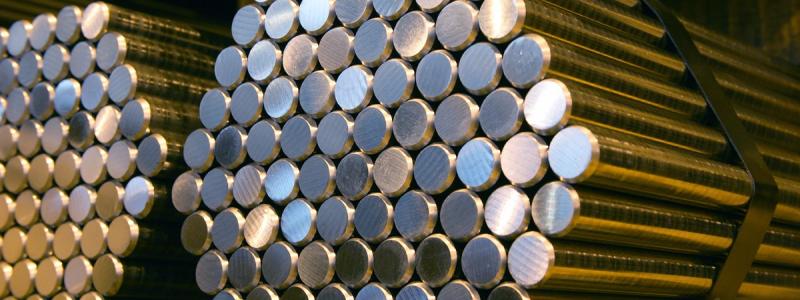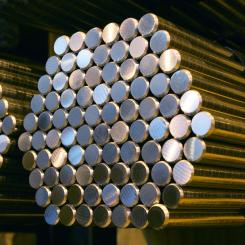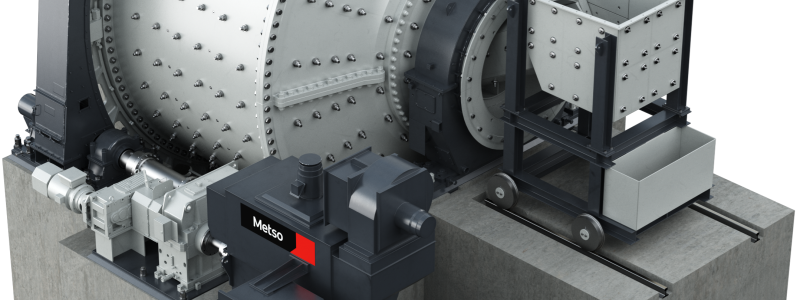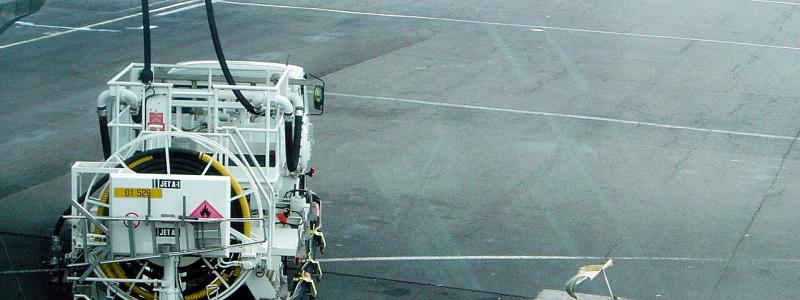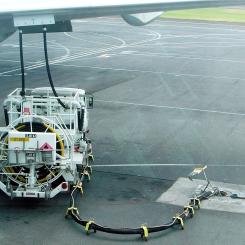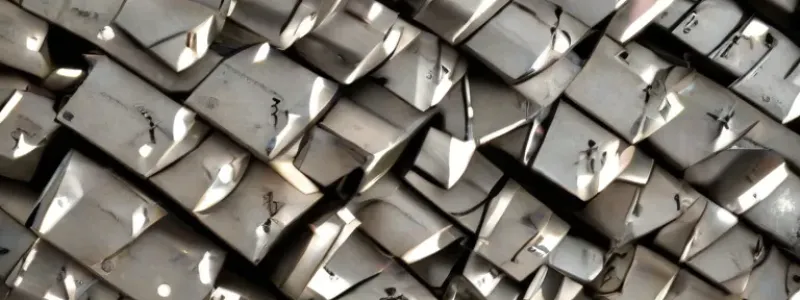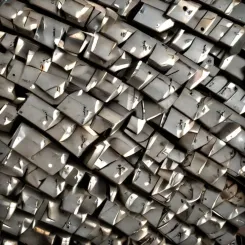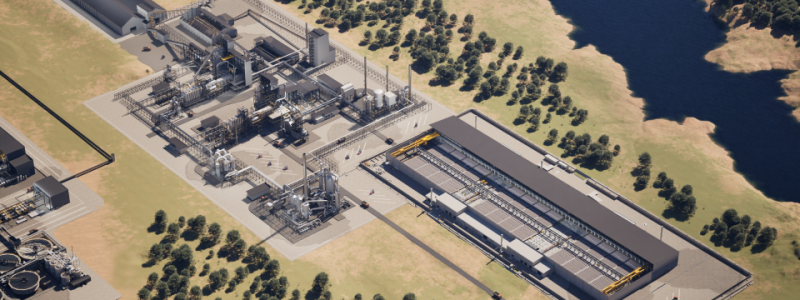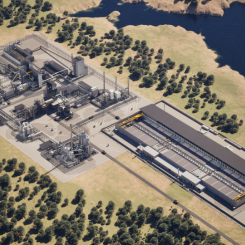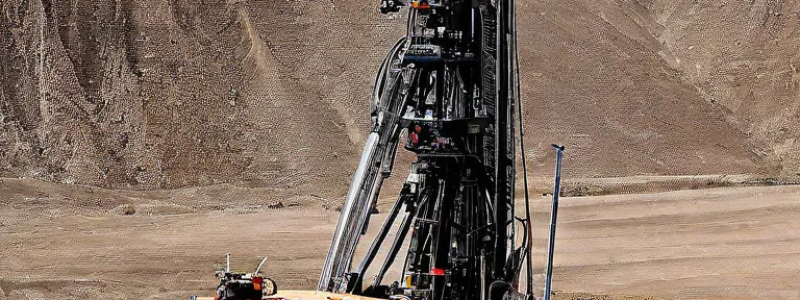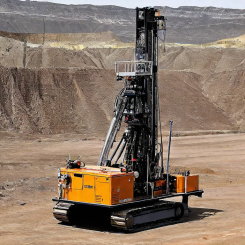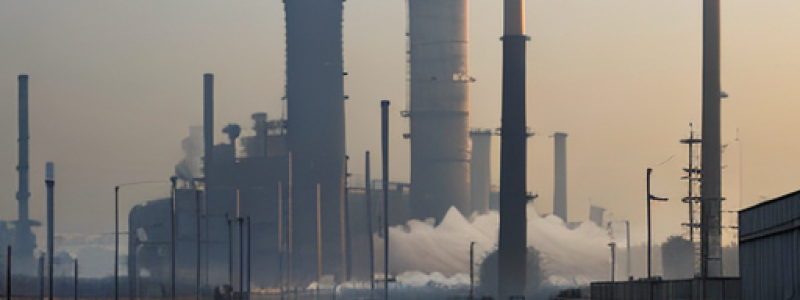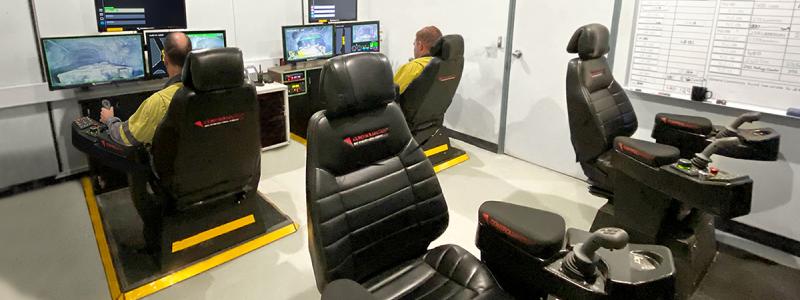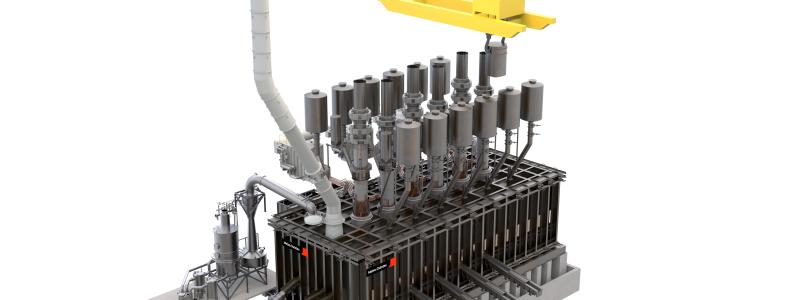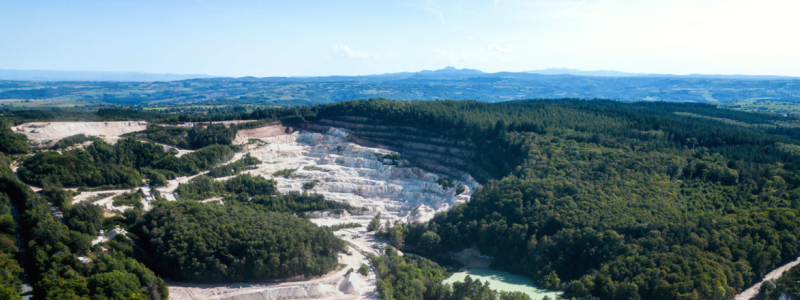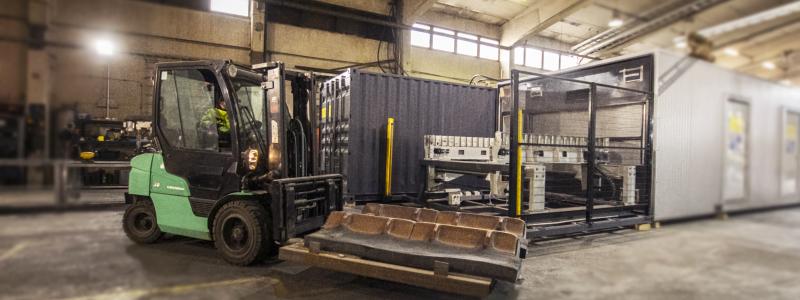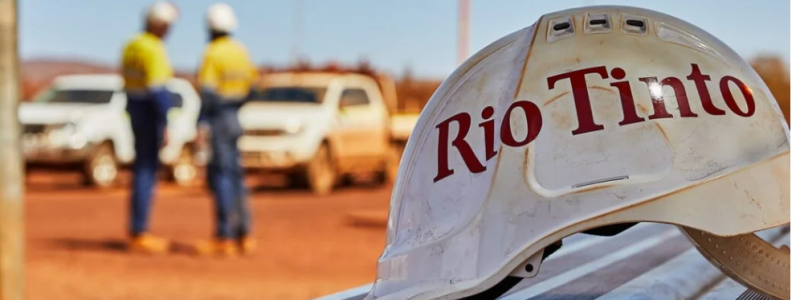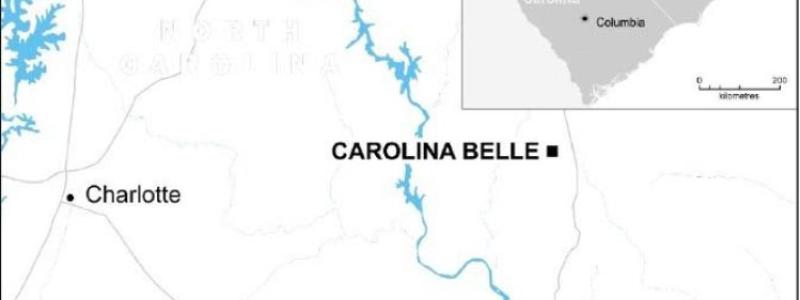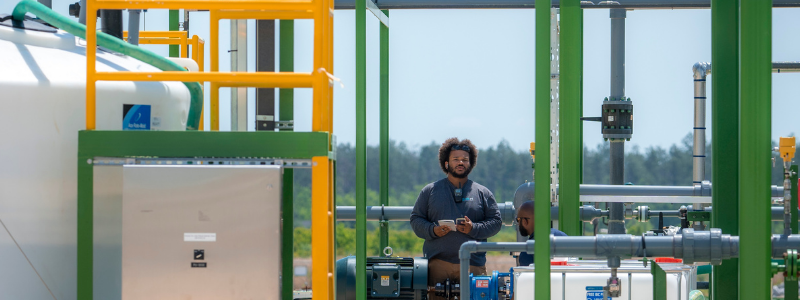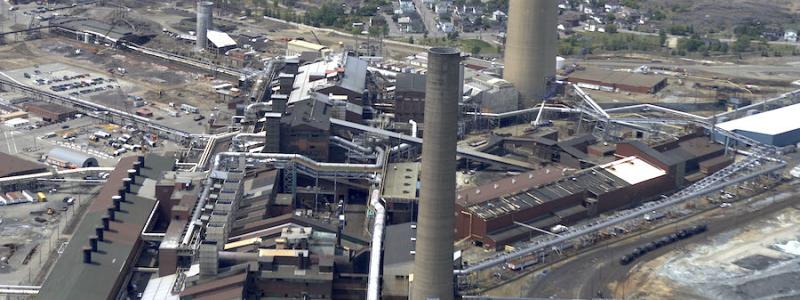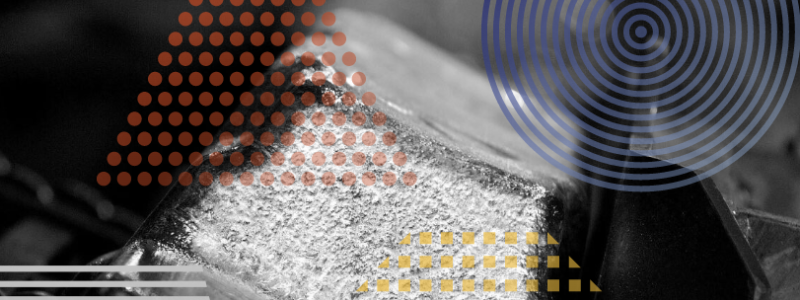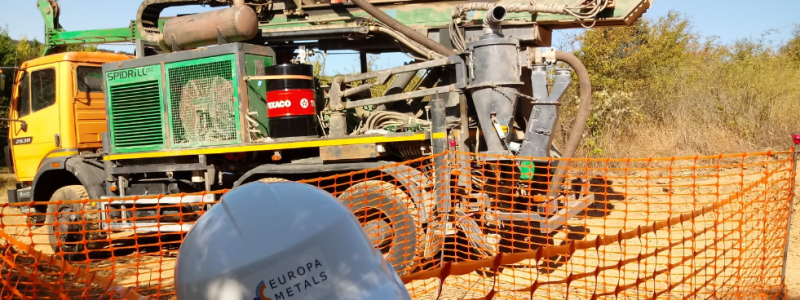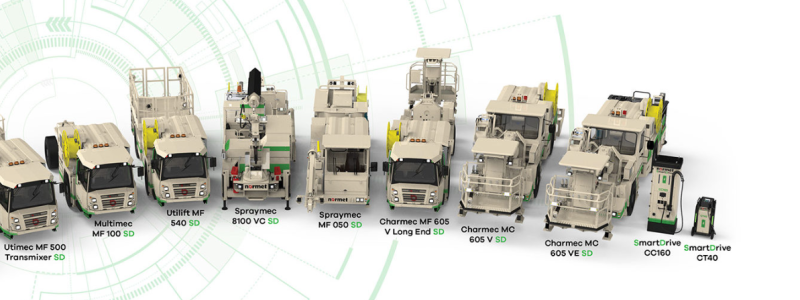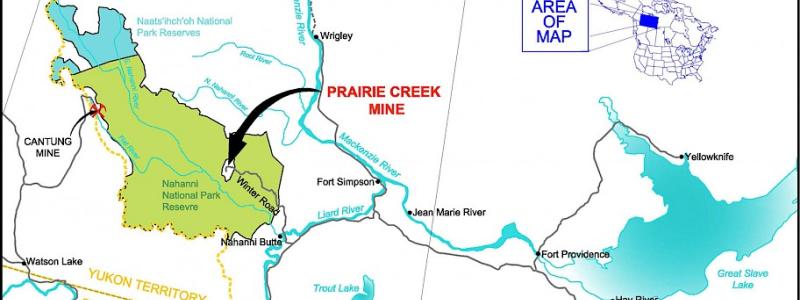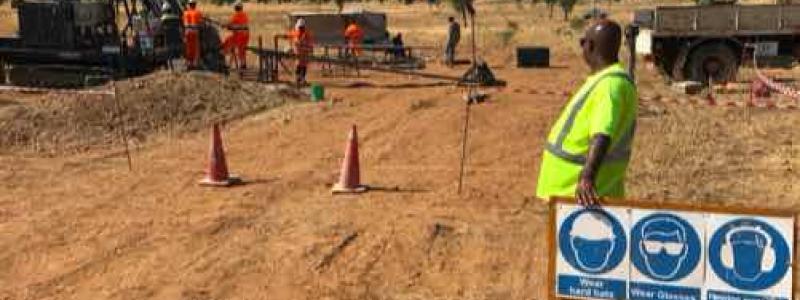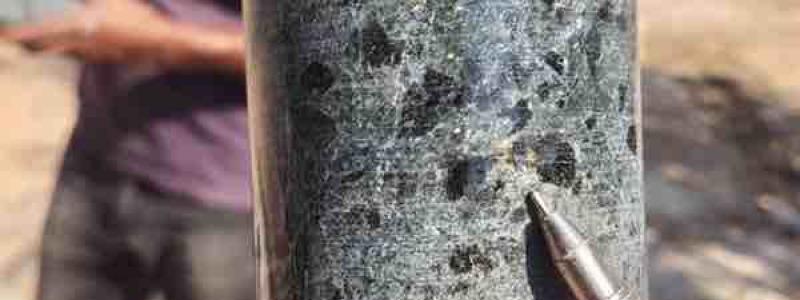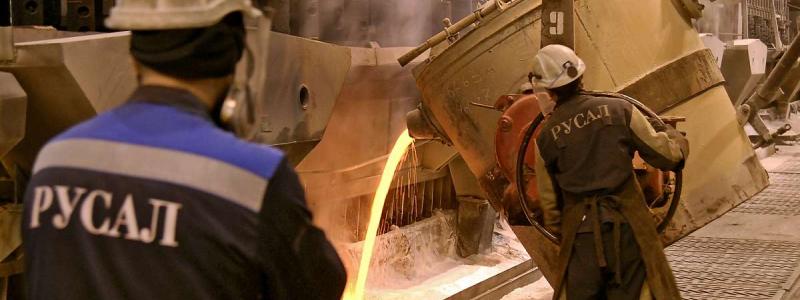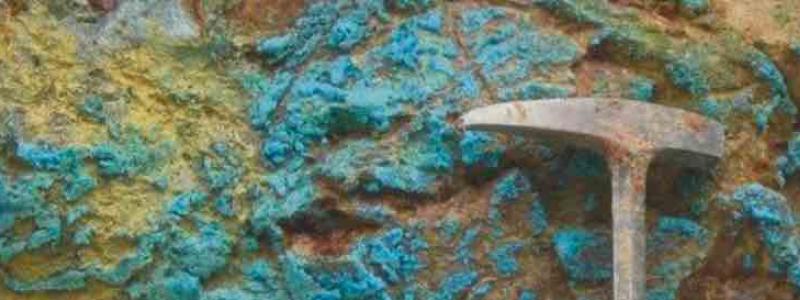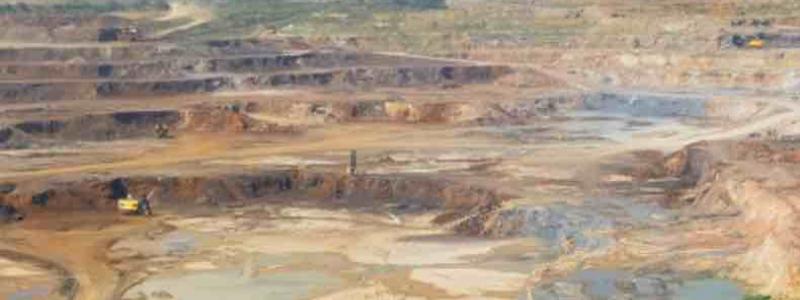International Battery Metals recently announced that SLR International Corporation (SLR), a global leader in environmental and engineering services, has completed its independent review of IBAT's first-of-its-kind modular, mobile lithium extraction plant and verified the patented technology extracts more than 65% of available lithium from brine, effectively strips out impurities and recycles and reuses more than 94% of water.
"The results of this independent review are a strong validation of our ground-breaking technology," said Dr. John Burba, IBAT CEO. "IBAT's technology is faster and more economical because it can be built, deployed and brought on-line in a fraction of the time, and at a fraction of the cost of traditional lithium mining models, and further, we can extract more lithium from a given resource with less environmental impact than any other available technology."
The modular direct lithium extraction (MDLE) plant located in Lake Charles, Louisiana, has been flow-testing lithium-bearing brine since early May 2022, and extracting lithium chloride (LiCl) since mid-May, making IBAT the first company globally to successfully operate a commercial-scale mobile lithium extraction plant.
The third-party independent review also confirmed the robust modular design of the plant and ease of transportation and relocation, which could allow access and a means to capitalize on a more diverse range of lithium-bearing brine resources globally, including smaller sites in varied terrain – such as those in the US – that are currently considered uneconomical due to the current, dominant extraction technologies.
Further, with its highly efficient capture of impurities and reinjection of brine back into the original resource, coupled with industry-leading water recycling, IBAT's sustainable environmental performance enables the creation of a thriving, clean lithium extraction industry in North America and around the world.
"From the beginning, our goal has been to create a technology that is environmentally friendlier than any technology currently in operation, while demonstrating consistently superior lithium recovery, scalability and mobility, and we believed we could do it all at a lower cost," said Dr. Burba. "We are thrilled that a team as experienced, technically skilled and globally-renowned as SLR were able to validate the technology on our first operational and commercially available plant."
The SLR review assessed and confirmed:
- the modularity and mobility of the plant design;
- the ability to extract lithium, including:
- lithium extraction from the source lithium-bearing brine
- recovery of quality lithium chloride (LiCl) from the absorbent;
- efficiency of impurity rejection;
- performance consistency through multiple cycles, and
- water recovery determined from water balance calculation.
As configured, the Plant is designed to produce 5,738 tonnes LiCl per year, or 5,000 tonnes lithium carbonate equivalent per year from a brine with a lithium concentration of 1,800 parts per million (ppm) of lithium. SLR's operational review consisted of observation of continuous processing of a brine, containing 300 ppm of lithium, through the plant and monitoring the solution chemistry by sampling at regular intervals to determine the performance of the process equipment and the absorption media through three loading and elution (extraction with a solvent) cycles.
The brine was sourced in the U.S. and delivered in significant volume to the plant via tanker truck. In the first phase of extraction from the raw brine, SLR found that "lithium extraction for the three cycles ranged from 72.6% Li to 87.5% Li with an average extraction of 81% Li." In the second phase, which recovers the lithium from the absorbent material to develop commercial-grade lithium chloride and lithium carbonate, recovery "ranged from 58.3% Li to 89.0% Li with an average of 68.8% Li."
This is significantly higher than the industry-wide average of 50% for evaporative lithium processing, based on data from the National Renewable Energy Agency (NREL), a laboratory of the US Department of Energy.
An important part of IBAT's MDLE process is the selectivity of the absorbent, which strips out the lithium but leaves other naturally occurring elements in the brine, which allows the brine to be reintroduced into the environment, vastly reducing the overall environmental impact.
Specifically, the SLR report states that the tests: "indicate the clear selectivity of the absorption media in favor of lithium over calcium, magnesium, sodium, and potassium. During the absorption cycle, the lithium concentration of the spent brine decreases from a fresh feed concentration of approximately 300 ppm Li to approximately 10 ppm Li while the concentrations of the impurity metals remain essentially unchanged."
As currently configured in Lake Charles, the plant has the potential to produce 5,000 metric tons of commercial-grade lithium chloride on a lithium carbonate equivalent basis, each year. Thanks to its modular design, this same plant also has the potential to be expanded to produce up to 20,000 metric tons of LiCl per year, based on the capacity and composition of the brine resource.
"Our holistic approach sets a new standard of environmental care that is friendly to the planet and respectful of the regions and communities in which we will operate," Dr. Burba said. "This is an important step forward in lithium supply for the world, and supply security in North America, and we are seeking partners to deploy our technology at scale."

